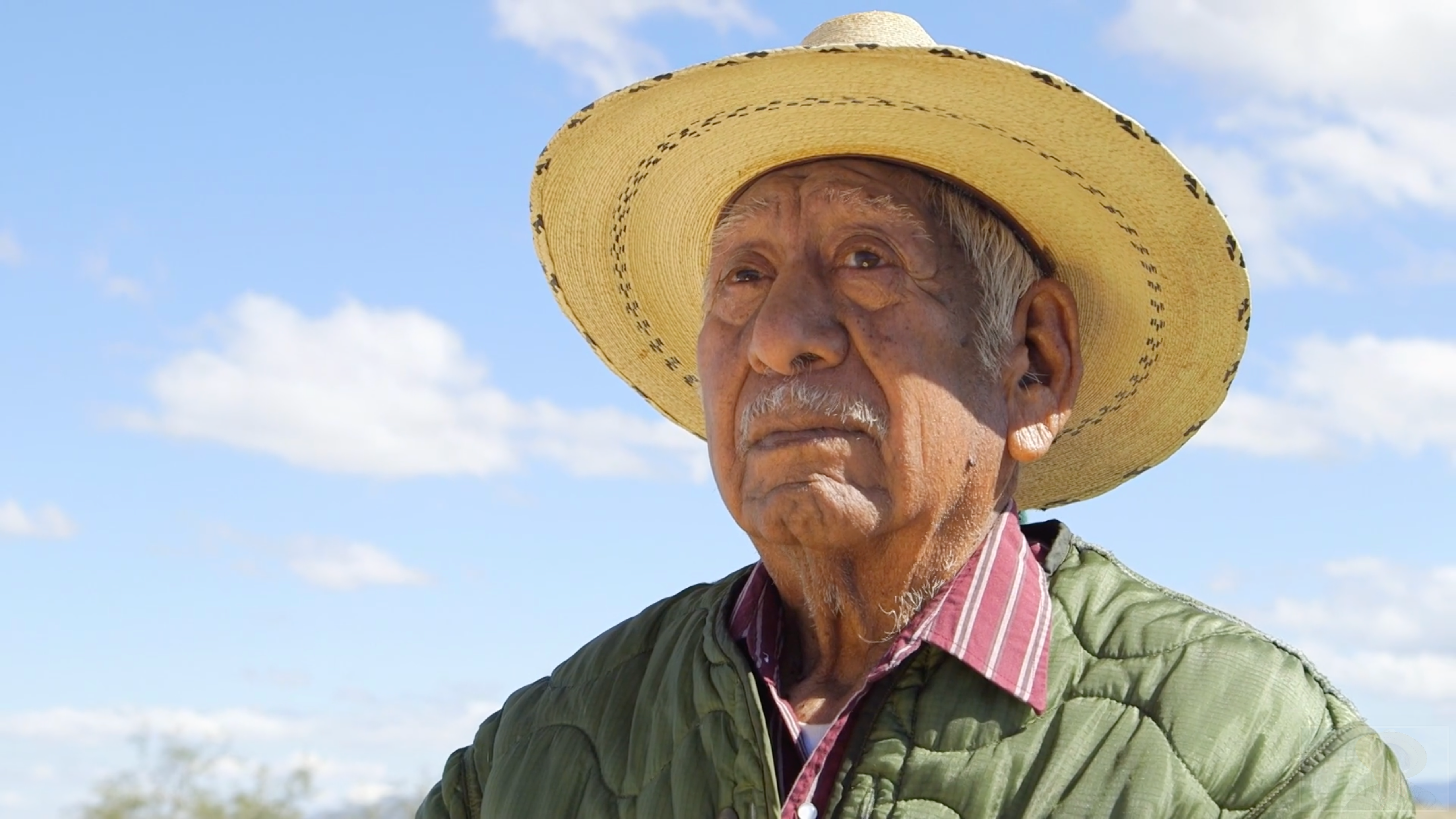In the 11th Hour Court Halts Copper Mine from Desecrating Native American Tribes’ Ancestral Grounds
Victory
—The Tohono O’odham Nation, the Pascua Yaqui Tribe, and the Hopi Tribe asked a federal judge to stop mine company from destroying their heritage
Contact
Last night a judge ruled in favor of three Native American Tribes’ challenge to the U.S. Forest Service’s approval of Hudbay Minerals’ plan to raze the Tribes’ ancestral lands to construct a mile-wide open-pit copper mine in Arizona’s Santa Rita Mountains. These public lands hold thousands of years of the Tribes’ cultural heritage, including ancestral burial grounds, ancient village sites, and sacred springs.
The Forest Service assumed Hudbay had a right to obliterate these public lands to pave the way for what would be the third largest copper mine in the United States — and quick profits for the company. The court fundamentally disagreed, holding that the Forest Service’s assumption was a “crucial error” that “tainted the Forest Service’s evaluation of the Rosemont Mine from the start.” Accordingly, the court threw out the Forest Service’s decision, preventing Hudbay from moving forward. Earthjustice is representing the Tohono O’odham Nation, the Pascua Yaqui Tribe, and the Hopi Tribe in court.
“This is a victory for the Nation and all of Southern Arizona,” said Ned Norris Jr., Chairman of the Tohono O’odham Nation. “The devastation that the Rosemont mine would bring to our land, water, and cultural resources is well-documented and cannot be allowed to happen. The Nation will continue to fight to ensure that our sacred lands and the region’s water are protected.”
Hudbay Minerals’ plans — now stopped in their tracks by the court’s ruling — included clearing dozens of known archeological sites in the Santa Ritas that include ancestral burial sites. The company planned to target Gaylor Ranch, a historic Hokokam village, proposing to completely excavate this site and remove the remains of the Tribes’ ancestors within the first few months of construction. Hudbay Minerals intended to remove human remains, funerary objects, sacred items, and objects of cultural patrimony by digging backhoe trenches, mechanically stripping the site, and shovel stripping the land.
“The Pascua Yaqui Tribe is pleased with Judge Soto’s decision to protect the cultural and environmental resources that are so sacred to our people. We are stewards of the land, air, and water and must continue to protect our environment not only for our tribal members but for the community-at-large,” said Robert Valencia, Chairman of the Pascua Yaqui Tribe. “We are grateful to our partners in this effort — the Center for Biological Diversity, Save the Scenic Santa Ritas, Arizona Mining Reform Coalition, and the Sierra Club Grand Canyon Chapter as well as the Tribal leadership from the Tohono O’odham Nation and the Hopi Tribe — who have stood side-by-side with us to ensure that these sacred sites are protected for us, for our children, and for generations to come.”
The Tribes were again facing the threat of irreversible cultural destruction after suffering similar abuse in the 1980s, when the Anamax Mining Company proposed to mine the same site. The company mishandled the burial grounds, and while they removed some of the ancestral remains, they left graves and the village grounds open to the elements when the company went bankrupt and abandoned the site a few years later. The Tribes’ ancestral remains were shipped to the University of Arizona, where they were warehoused for thirty years while the Tribes fought to repatriate them. They were only returned to the Tohono O’odham Nation several years ago.
Trump administration greased the wheels for the massive mine, disregarding environmental laws and the unacceptable cultural destruction. The Forest Service assumed, without any basis in fact or law, that Hudbay had a right to destroy these public lands to construct its copper mine. Several months ago, the U.S. Army Corps of Engineers abruptly granted a critical Clean Water Act permit for the mine, ignoring over eight years of opposition from the Environmental Protection Agency, Native American Tribes, and the Corps’ own Los Angeles District (which recommended denial of the permit in 2016).
Hudbay Minerals has a track record of trampling indigenous and tribal rights. The company has been accused of profound human rights abuses at their Fenix nickel mine in Guatemala.
“This ruling affirms the fundamental principle that nobody gets a free pass to destroy our public lands,” said Stu Gillespie, staff attorney with Earthjustice. “As the Court explained, the Forest Service provided no basis for assuming Hudbay had a right to destroy thousands of years of the Tribes’ cultural heritage. Because this crucial error tainted the entire process, the Court threw out the Forest Service’s decision and stopped Rosemont from destroying these sacred public lands.”
A Mine So Massive It Would Pierce The Aquifer
The Rosemont Copper Mine is slated for public and private lands in Arizona’s Santa Rita Mountains. The mine is so colossal it would entail dumping 1.9 billion tons of toxic mining waste on public lands, burying over 3,500 acres of National Forest System lands that contain dozens of prehistoric tribal sites.
Rosemont would also excavate a half-mile deep pit that would puncture the regional aquifer, reversing groundwater flows and depleting surface flows at multiple springs, seeps, and streams into perpetuity. These impacts would be felt as far away as Tucson, Arizona.
The Santa Ritas are home to the last jaguar population in the United States. The iconic “El Jefe” jaguar has been caught on film over the years in these mountains.

Additional Resources
About Earthjustice
Earthjustice is the premier nonprofit environmental law organization. We wield the power of law and the strength of partnership to protect people's health, to preserve magnificent places and wildlife, to advance clean energy, and to combat climate change. We are here because the earth needs a good lawyer.